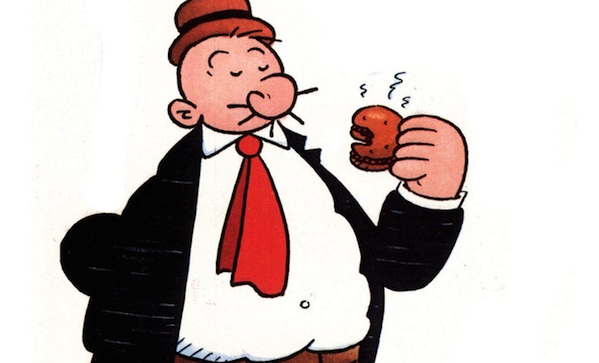On your way to the blood bank? Well, don’t worry about lying to get out of work. After all, one cancels out the other, right?
According to a study published in the Journal of Experimental Social Psychology, not only do we give ourselves permission to misbehave in exchange for doing something good (this is called “moral licensing”), but we’re willing to give ourselves permission to misbehave after only merely promising to do something good. We don’t need to follow through with our promise.
Researchers had a group of ninety-four students. Two thirds were asked, “Would you be willing to donate blood if we held a blood drive within the next few weeks?” The twenty-five who said yes were placed in a ‘moral’ group, while twenty-nine others were asked a different, non-ethically related question, and twenty-seven were asked nothing and placed in a control group. Then, all completed a survey called Attitudes Towards Blacks. It has twenty statements like “Blacks aren’t as smart as whites” and “I wouldn’t want a black person living in my apartment building”, and respondents indicate their agreement (or lack thereof) on a one-to-seven scale.
Interestingly, the ‘moral’ group ended up giving much more racist responses than the other two groups. Researchers write, “The fact that anticipating donating blood in the future licensed even overtly prejudiced responses in the present suggests that prospective moral licensing provides moral credits that people may use to justify expressing racial prejudice in the short term.”
So, the next time you plan on doing something nice for someone, remember: you might also subconsciously be giving yourself permission to behave badly.


